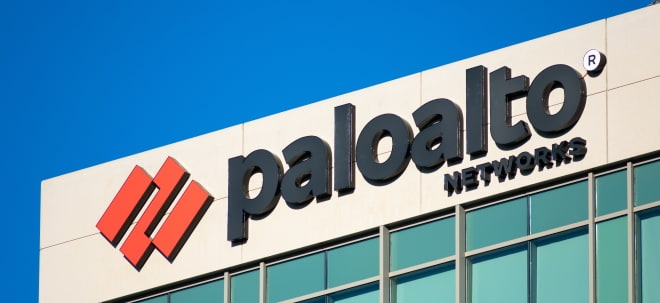|
Credit Card Delinquencies Fall Again in April CREDIT CARD, BANK OF AMERICA, DISCOVER FINANCIAL, FINANCIAL SERVICES, AMERICAN EXPRESS, DEQLINQUENCIES Reuters | 17 May 2010 | 03:17 PM ET U.S. credit card delinquencies fell for the fourth straight month in April, but analysts cautioned that the industry will be slow to rebound from the high credit losses of the last two years. Default rates remain high but fell to their lowest level of the year for most of the six major U.S. card lenders. Bank of America was an exception, reporting an increase in net charge-offs, while Citigroup had yet to report. While the latest results beat or met expectations, analysts cautioned that with unemployment in the U.S. still around 10 percent, default rates and delinquencies are likely to remain high. "Charge-offs are going to come down much more slowly than they went up," said Jason Arnold, analyst with RBC Capital Markets, citing the sluggish economic recovery. High levels of credit losses, combined with the unexpected new threat of additional credit card regulation, could hamper revenues long-term, analysts said. In regulatory filings on Monday, Capital One Financial, Discover Financial Services, Bank of America and JPMorgan Chase reported lower delinquency rates, a sign that fewer borrowers will default on their card debts in the coming months. Shares of the companies were down amid a broader industry sell-off, which the positive credit data did not counter. April Results American Express said its annualized net charge-offs dipped to 6.7 percent in April from 7.5 percent in March, the largest decrease among the five companies that had reported so far on Monday. The company, which now has the lowest charge-off and delinquency rates of the major credit card lenders, said last month that its customers spent 16 percent more on their cards in the first quarter of 2010 than they did a year earlier. American Express said its 30-day delinquency rate also declined to 3.1 percent in April, from 3.3 percent a month prior. JPMorgan said its annualized net charge-offs declined in April by nearly half a percentage point, to 9.03 percent from 9.51 percent in March. Its 30-day delinquency rate dropped to 4.40 percent from 4.51 percent. Discover Financial said its annualized net charge-off rate fell to 8.42 percent in April from 8.51 percent in March. The company's 30-day delinquencies declined to 5.20 percent from 5.39 percent. Bank of America's annualized net charge-off rate increased to 12.71 percent from 12.54 percent, the highest among the major companies that had reported. Its 30-day delinquencies, however, dropped to 6.73 percent from 7.07 percent. Bank of America's charge-off increase was "a disappointment given our expectations for continued improvement," said Paul Miller, analyst with FBR Capital Markets, in a note to clients. But Miller said he expects the bank's charge-off levels to decline through the rest of 2010, in part because the bank's early-stage delinquencies fell to 1.51 percent from 1.71 percent, reaching their lowest level since April 2007. Capital One's annualized net charge-off rate for U.S. credit cards fell to 9.68 percent from 10.87 percent. Accounts at least 30 days delinquent declined to 5.07 percent from 5.30 percent. Regulation Lenders are facing a new, and relatively unexpected, threat to their long-term revenues. The U.S. Senate approved an amendment to the financial regulation bill on Thursday that would curb debit card fees and allow merchants to set limits on credit and debit card transaction fees. So-called card interchange fees account for about a fifth of the credit card revenues at banks. The amendment would not directly limit credit card fees, just those on debit cards, but many in the industry fear that it could open the door to wider restrictions on credit cards.
|
 1 |
... |
2507 |
2508 |
|
2510 |
2511 |
...
| 6257
1 |
... |
2507 |
2508 |
|
2510 |
2511 |
...
| 6257



 Thread abonnieren
Thread abonnieren







